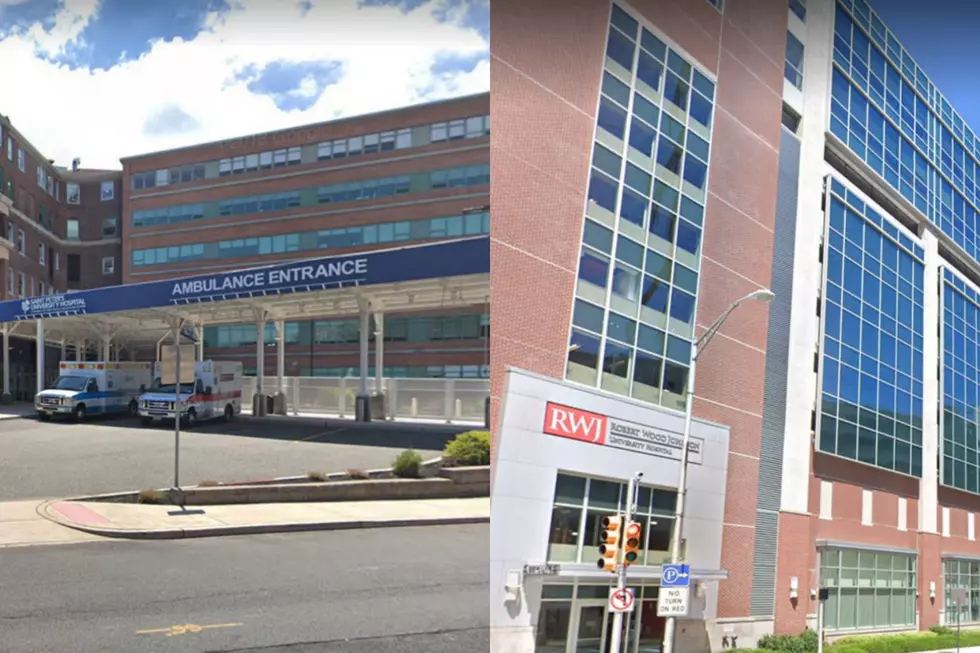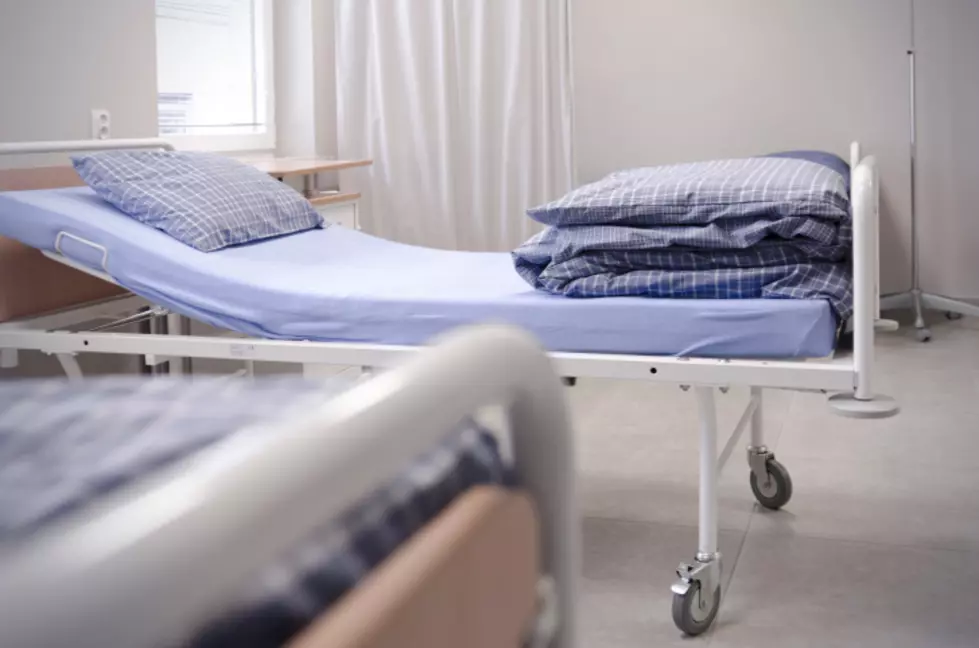
Doctor shortage in NJ – state officials lack ways to track it
For years, health experts have been sounding the alarm about New Jersey's growing doctor shortage, but it isn't known just how bad the problem is, or if there really is one.
At a recent Senate Budget Committee hearing in Trenton, one state lawmaker said it is impossible to answer whether the state is facing a doctor shortage now or will in the future because of the way the state tracks physicians.
"We do not track physicians that are still practicing," said state Sen. Jennifer Beck (R-Red Bank). "They may still have their license. It does not mean they're practicing. The Board of Medical Examiners (BME) hardly returns a phone call let alone tracking whether people are still practicing or not. We've got to get a hold of this information."
State Department of Health commissioner Mary O'Dowd noted that she does not oversee the BME, but said she would be happy to try an engage the board in dialogue about tracking practicing physicians.
Beck said knowing how many doctors are practicing medicine is crucial because as more New Jersey residents get health insurance under the federal Affordable Care Act more people will be going to a doctor.
"We're going to wake up some day and we're going to have all these new people registered under Obamacare and they're not going to have anyone to go see. We have no information about how many physicians are active. We're guessing," Beck said.
The Garden State does stack up well nationally, according to O'Dowd.
"I do know, recognizing that there are limitations with the data source, that New Jersey is ranked 10th among states relative to our proportion of physicians relative to population," O'Dowd explained.
According to a 2013 report released by the N.J. Council of Teaching Hospitals, of New Jersey's 22,410 licensed physicians practicing in the state, only 3,500 of them are primary care doctors. By 2020, New Jersey will see a shortage of 1,006 primary care physicians and 1,829 specialists.
More From 92.7 WOBM










